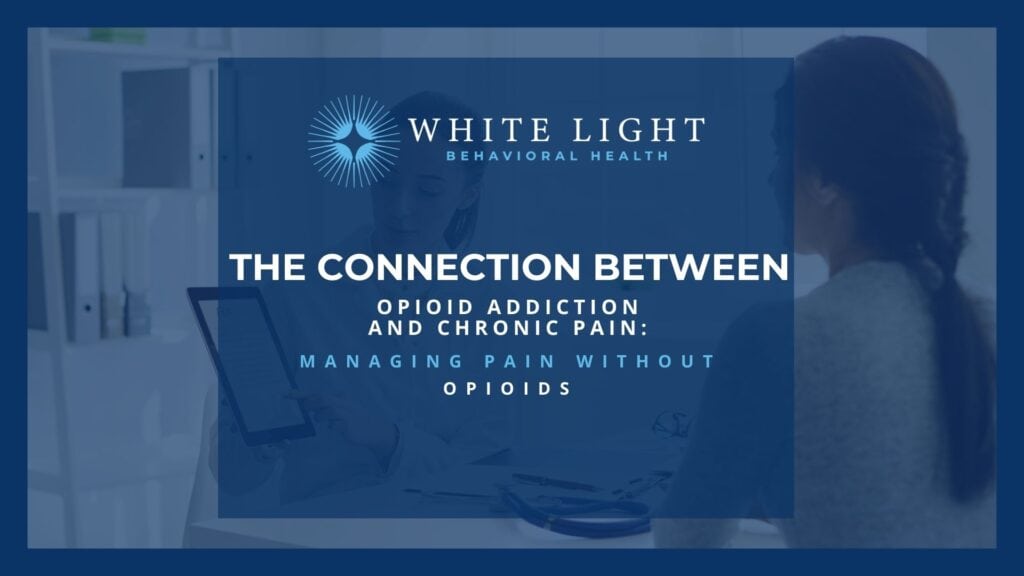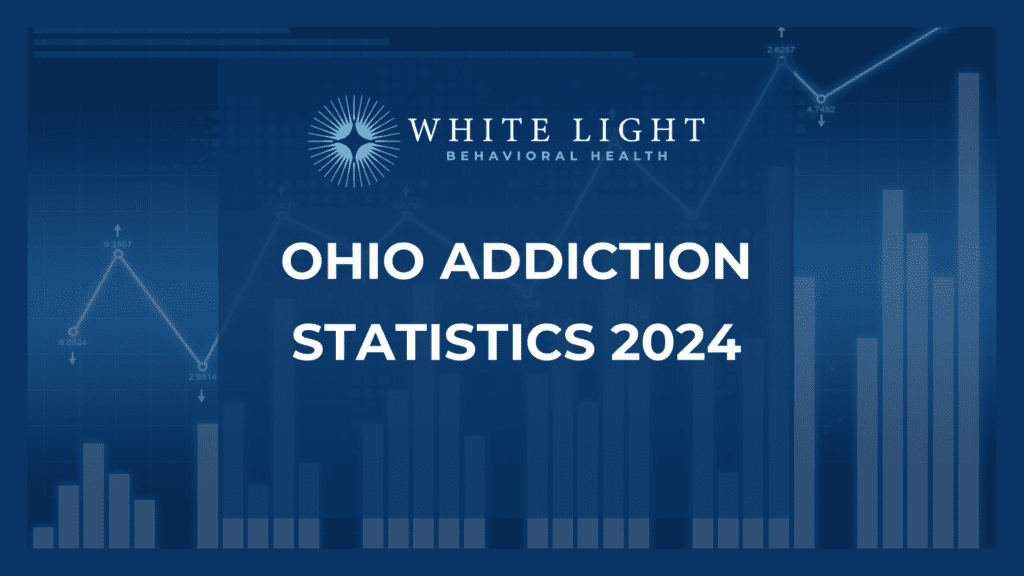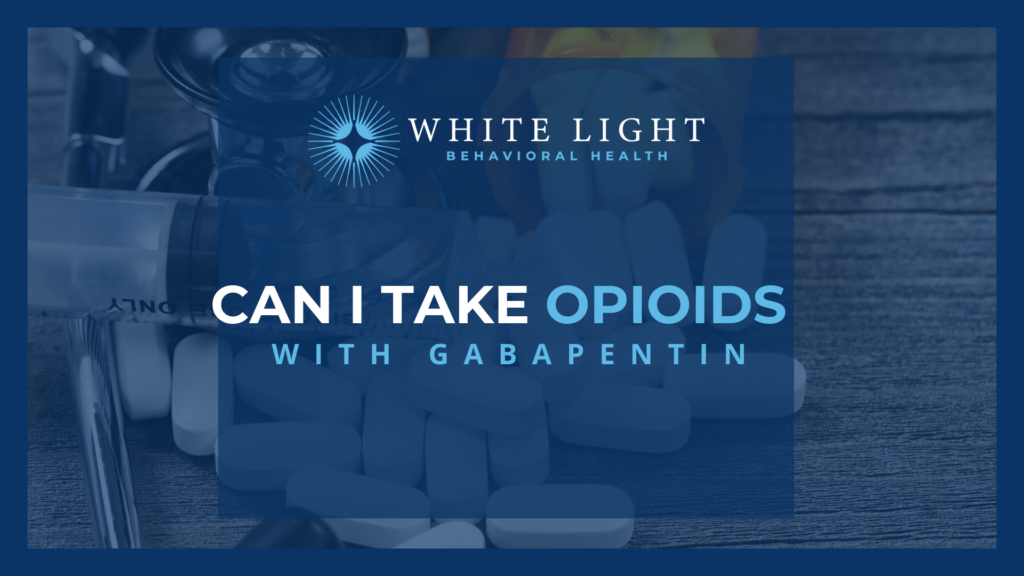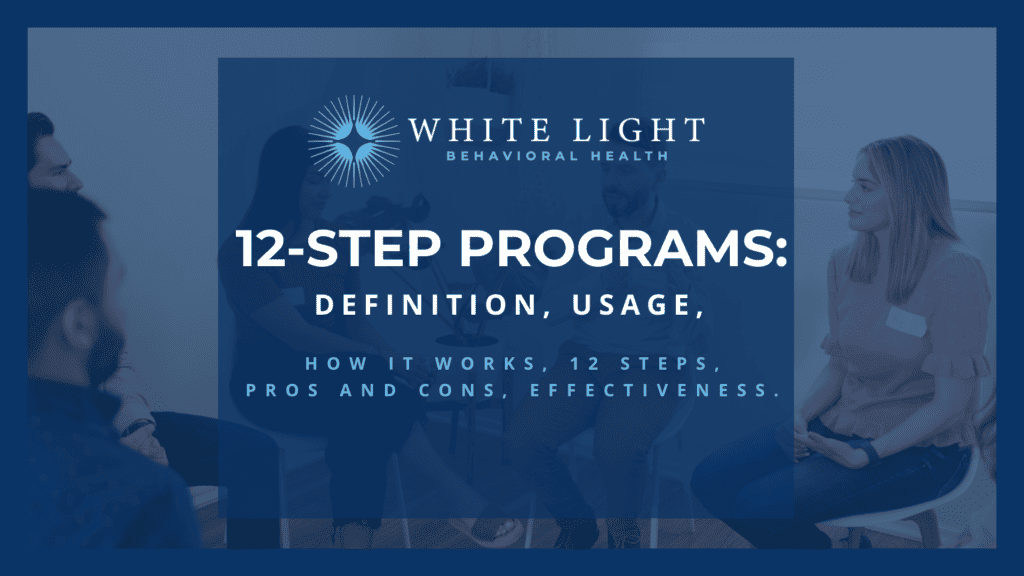Pain Management in the Shadow of the Opioid Crisis: The Need for Non-Opioid Alternatives
Chronic pain affects millions of Americans, and for some, prescription opioids are the only solution for managing their symptoms. However, the use of opioids for chronic pain management carries a significant risk of addiction and can lead to physical dependence and overdose. This article explores the link between chronic pain and opioid addiction and highlights the importance of alternative pain management strategies.
The Link Between Chronic Pain and Opioid Addiction
Chronic pain is a long-term pain condition that can last for weeks, months, or even years. Chronic pain can be caused by a variety of conditions, including arthritis, fibromyalgia, back pain, and nerve damage. For many people, opioids are the only way to manage their chronic pain, but over time, this can lead to physical dependence and addiction.
Studies have shown that there is a clear link between chronic pain and opioid addiction. According to the National Institutes of Health (NIH), people with chronic pain are more likely to develop a substance use disorder, and those with a substance use disorder are more likely to suffer from chronic pain. The relationship between chronic pain and opioid addiction is complex, but it is clear that alternative pain management strategies are necessary to reduce the risk of addiction.
Non-Opioid Pain Management Options
Fortunately, there are several non-opioid pain management options available that can be effective in treating chronic pain. These include:
Physical Therapy: Physical therapy can help to reduce pain and improve mobility for people with chronic pain. Physical therapists use exercises, stretches, and other techniques to help manage pain and improve function.
Acupuncture: Acupuncture involves the insertion of needles into specific points of the body to reduce pain and promote healing. Acupuncture is effective for a range of chronic pain conditions, including back pain, migraines, and arthritis.
Massage Therapy: Massage therapy can help to reduce pain and improve circulation for people with chronic pain. Massage therapists use different techniques to relieve muscle tension and reduce pain.
Exercise: Regular exercise can help to reduce pain and improve overall physical function for people with chronic pain. Exercise can also help to reduce stress and improve mood, which can have a positive impact on pain levels.
Meditation and Relaxation Techniques: Meditation and other relaxation techniques can help to reduce stress and anxiety, which can worsen chronic pain. These techniques can also promote relaxation and improve sleep, which can have a positive impact on pain levels.
The Importance of a Multidisciplinary Approach to Pain Management
Effective pain management often requires a multidisciplinary approach, involving a team of healthcare professionals working together to develop a personalized treatment plan. This may include a primary care physician, a pain management specialist, a physical therapist, and a mental health professional.
A multidisciplinary approach to pain management can be highly effective in reducing pain levels and improving overall quality of life. By working with a team of healthcare professionals, individuals with chronic pain can receive a comprehensive treatment plan that addresses all aspects of their condition.
Addressing Underlying Psychological Factors
For some individuals, chronic pain is linked to underlying psychological factors, such as anxiety, depression, or post-traumatic stress disorder. In these cases, it is important to address these underlying factors in addition to the physical symptoms of pain.
Cognitive-behavioral therapy (CBT) is a type of psychotherapy that can be effective in managing chronic pain. CBT focuses on changing negative thought patterns and behaviors that can worsen pain. By addressing underlying psychological factors, individuals can improve their overall well-being and reduce the risk of opioid addiction.
Coping Strategies for Living with Chronic Pain
Living with chronic pain can be challenging, and can take a toll on an individual’s mental and emotional well-being. Individuals with chronic pain need to develop healthy coping strategies to manage their symptoms and improve their overall quality of life.
Mindfulness techniques, such as meditation and deep breathing exercises, can help to reduce stress and anxiety, which can worsen chronic pain. Relaxation techniques, such as yoga and tai chi, can also help to reduce pain and improve physical function.
Other coping strategies for living with chronic pain include:
- Staying active: Regular physical activity can help to reduce pain and improve physical function.
- Practicing good sleep hygiene: Getting enough sleep is important for managing chronic pain. It is important to establish a regular sleep routine and avoid caffeine and alcohol before bedtime.
- Eating a healthy diet: Eating a healthy diet can help to reduce inflammation and improve overall health, which can have a positive impact on chronic pain.
- Engaging in hobbies and interests: Engaging in activities that bring joy and fulfillment can help to improve mood and reduce stress.
Conclusion
While prescription opioids can be effective for managing chronic pain, they carry a significant risk of addiction and overdose. Fortunately, there are several non-opioid pain management options available, and a multidisciplinary approach to pain management can be highly effective. By addressing underlying psychological factors, developing healthy coping strategies, and working with a team of healthcare professionals, individuals can better manage their chronic pain and reduce the risk of opioid addiction.
At White Light Behavioral Health, we offer a range of alternative pain management strategies to support individuals with chronic pain. Our team of healthcare professionals works together to develop a personalized treatment plan that addresses all aspects of a patient’s condition, including physical, emotional, and psychological factors. If you or a loved one is struggling with chronic pain, contact us today to learn more about our pain management services.
How does chronic pain contribute to opioid addiction?
Chronic pain can lead individuals to seek relief through prescription opioids, which can ultimately result in addiction. The cycle often begins with legitimate pain management but can escalate due to the development of tolerance, dependence, and the euphoric effects of opioids.
Are there alternative treatments for managing chronic pain besides opioids?
Yes, several alternative treatments exist for managing chronic pain without relying on opioids. These include physical therapy, cognitive-behavioral therapy, acupuncture, massage therapy, exercise programs, and non-opioid medications such as NSAIDs or antidepressants.
Can mindfulness and meditation help alleviate chronic pain?
Yes, mindfulness and meditation techniques have shown promise in managing chronic pain by helping individuals develop coping strategies, reduce stress levels, and improve overall well-being. These practices can complement other non-opioid treatments and empower individuals to take an active role in their pain management.
What are the risks associated with long-term opioid use for chronic pain?
Long-term opioid use for chronic pain poses various risks, including addiction, physical dependence, tolerance, respiratory depression, overdose, and potentially fatal side effects. Additionally, opioids may not provide sustainable pain relief over time and can lead to decreased quality of life.
How can healthcare providers identify patients at risk of opioid addiction?
Healthcare providers like us can identify patients at risk of opioid addiction through thorough medical history assessments, screening tools for substance use disorders, monitoring prescription drug monitoring programs, and conducting regular follow-ups to evaluate treatment effectiveness and potential signs of misuse.
What role does Ohio play in the national opioid epidemic?
Ohio has been disproportionately affected by the national opioid epidemic, facing high rates of opioid-related deaths, overdoses, and addiction. Contributing factors include overprescribing practices, economic challenges, lack of access to treatment, and the presence of potent synthetic opioids like fentanyl.
How does trauma contribute to opioid addiction?
Trauma, including experiences such as abuse, neglect, or witnessing traumatic events, can significantly increase the risk of developing opioid addiction. Individuals may turn to opioids as a way to self-medicate or numb emotional pain stemming from unresolved trauma, leading to a cycle of substance use and addiction.
What interventions are effective in addressing the role of trauma in opioid addiction?
Effective interventions for addressing trauma in opioid addiction include trauma-informed therapy, trauma-focused cognitive-behavioral therapy, eye movement desensitization and reprocessing (EMDR), and holistic approaches that address both the physical and psychological aspects of trauma and addiction.
How can communities in Ohio combat the opioid epidemic?
Communities can combat the Ohio opioid epidemic through comprehensive strategies that focus on prevention, treatment, and harm reduction. These strategies may include increasing access to evidence-based treatment programs, implementing naloxone distribution programs, promoting safe prescribing practices, and raising awareness through education and advocacy efforts.
What resources are available for individuals struggling with opioid addiction in Ohio?
Several resources are available for individuals struggling with opioid addiction in Ohio, including addiction treatment centers, support groups, hotlines, and online platforms offering information, counseling, and referrals to appropriate services. Additionally, government initiatives and community organizations often provide outreach and assistance to those in need of help.

Share This Post



